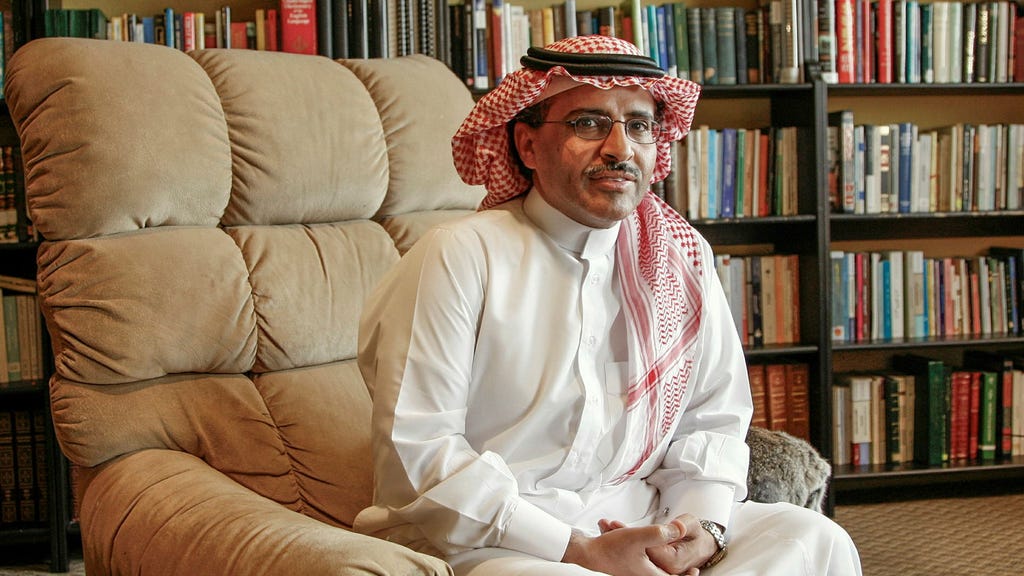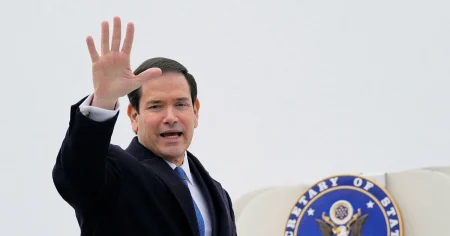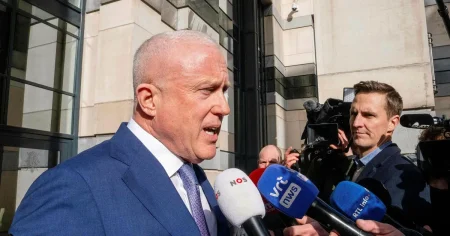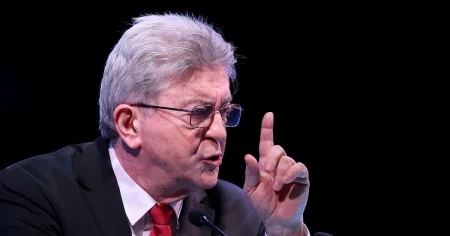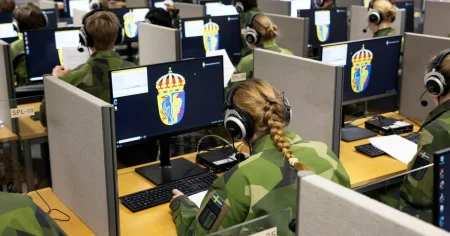The Release of Mohammad al-Qahtani: A Triumph Marred by Injustice and Ongoing Repression in Saudi Arabia
In December 2023, the world watched as Abdullah, the son of imprisoned Saudi human rights activist Mohammad al-Qahtani, visited the Saudi Arabian embassy in Stockholm, Sweden. His mission was simple yet profound: to deliver a letter pleading for his father’s release. Mohammad’s ten-year prison sentence had ended, but instead of freedom, his family was met with silence and an agonizing absence of communication. The uncertainty surrounding his fate underscored the pervasive climate of fear and repression that continues to stifle dissent in Saudi Arabia.
Then, in a sudden turn of events, Maha al-Qhatani, Mohammad’s wife, announced his release on social media, sparking a wave of relief and cautious optimism among human rights organizations and activists worldwide. Maha’s statement, released through Right Livelihood, the organization that awarded Mohammad the prestigious Right Livelihood Award in 2018 (often referred to as the “Alternative Nobel Prize”), painted a bittersweet picture of his release. While free from physical confinement, Mohammad remains burdened by a ten-year travel ban, a cruel restriction that prevents him from rejoining his family in the United States. More alarmingly, Maha revealed the devastating toll of his imprisonment on his health, stating that he had lost sight in one eye due to deliberate medical neglect, a chilling testament to the brutal conditions faced by political prisoners in Saudi Arabia. The family is now tirelessly working to secure an exit permit, hoping to bridge the physical and emotional distance enforced by the Saudi regime and finally reunite after years of separation.
Mohammad al-Qahtani’s story is not an isolated incident but rather a stark illustration of the systematic crackdown on freedom of expression and human rights advocacy in Saudi Arabia. He, along with fellow activists Abdullah al-Hamid and Walid Abu al-Khair, were targeted for their courageous efforts to promote human rights and challenge the authoritarian grip of the Saudi government. Their arrests and subsequent imprisonment on vague charges such as “questioning the authority of officials” highlight the regime’s intolerance of dissenting voices and its willingness to silence those who dare to speak truth to power. Tragically, Abdullah al-Hamid died in prison, while Walid Abu al-Khair remains incarcerated, their fates serving as a sobering reminder of the high price paid by those who champion human rights in Saudi Arabia.
The release of Mohammad al-Qahtani, while undoubtedly a victory, is overshadowed by the injustices he endured and the ongoing plight of other political prisoners in Saudi Arabia. Ole von Uexkull, Executive Director of Right Livelihood, expressed both joy and concern, emphasizing the need for accountability. He questioned who would be held responsible for silencing a human rights defender, highlighting the systemic nature of the repression and the lack of consequences for those who perpetrate these abuses. Mohammad’s case underscores the urgent need for continued international pressure on the Saudi government to respect fundamental human rights and release all political prisoners unconditionally.
Recent developments, including the release of other activists like Essa al-Nukheifi and the reduction of Salma al-Shehab’s draconian 27-year sentence to four years, offer a glimmer of hope, suggesting a potential shift in the Saudi government’s approach to dissent. However, these releases should not be interpreted as a genuine commitment to reform. The continued imprisonment of numerous activists and the ongoing restrictions on freedom of expression paint a far more complex and troubling picture. The international community must remain vigilant and continue to advocate for the immediate and unconditional release of all political prisoners, including Salma al-Shehab, and for an end to the systematic repression that stifles free speech and human rights advocacy in Saudi Arabia.
The case of Mohammad al-Qahtani brings into sharp focus the ongoing struggle for human rights in Saudi Arabia and the crucial role of international advocacy in holding repressive regimes accountable. While his release is a cause for celebration, it also serves as a stark reminder of the ongoing challenges and the need for sustained pressure to ensure that the Saudi government respects fundamental freedoms and upholds the rights of all its citizens. The fight for human rights is far from over, and the international community must remain steadfast in its support of those who courageously strive for a more just and equitable future for all.
The release of Mohammad al-Qahtani is a testament to the power of perseverance and the unwavering dedication of human rights organizations, activists, and his family, who tirelessly campaigned for his freedom. However, his case serves as a stark reminder of the ongoing human rights crisis in Saudi Arabia and the need for continued international pressure to ensure that the Saudi government upholds its obligations under international law. The fight for human rights is a continuous struggle, and the international community must remain vigilant in its support of those who bravely strive for a more just and equitable world.





